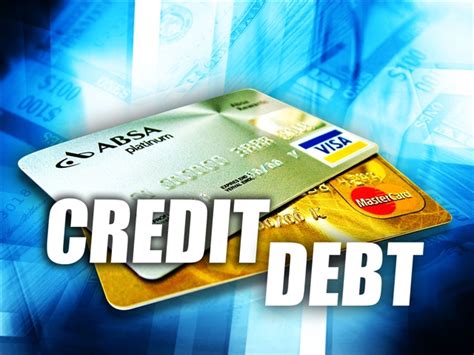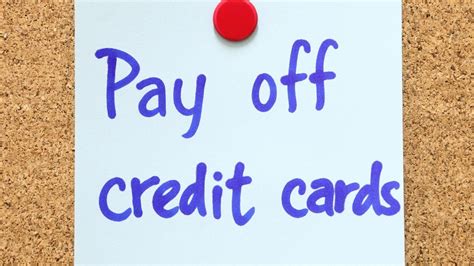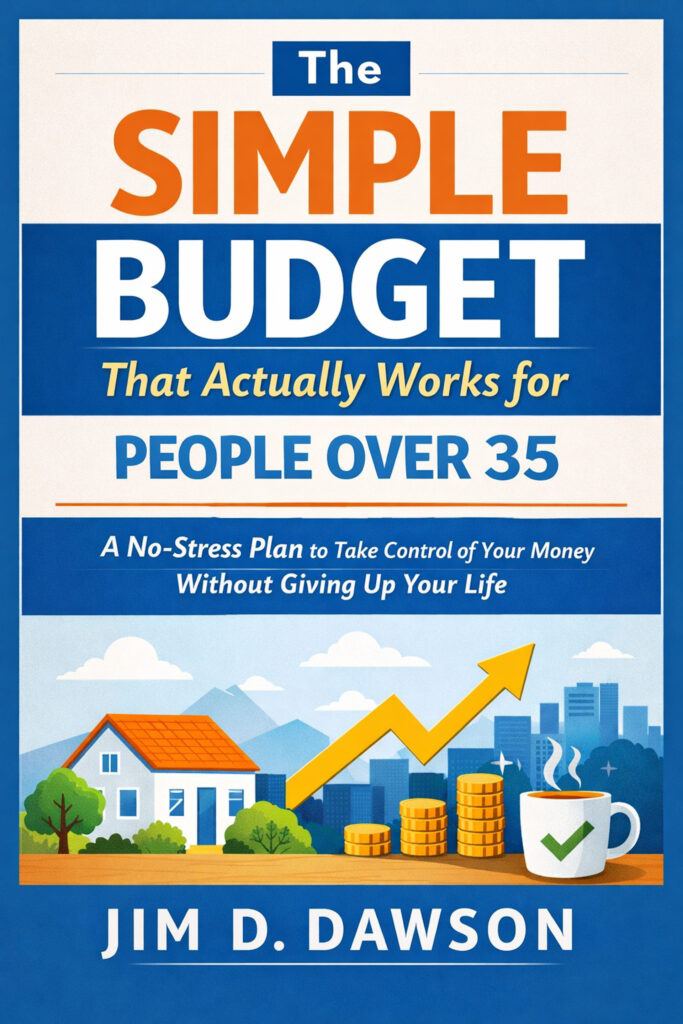
Ever wondered how credit card debt can affect your credit score? The amount of credit available to you and repayment history are some of the factors that determine your credit score. In this blog, we’ll tell you all about credit card debt and its impact on your credit score, so you can better manage your finances. Whether you’re paying down debts or considering a balance transfer, knowing the impact it could have on your financial standing will help you make more informed decisions.
Can your credit card affect your credit score?
Your credit score is a numerical representation of your creditworthiness based on your credit report and history. While credit scores are not affected by income levels, using a balance on one credit card can have a negative impact on your credit score.
That’s because it signals you may be living beyond your means and could result in negative financial decisions down the line. Lenders can assume you are maxing out credit cards to avoid debt if your balance is high, which can negatively impact your credit score.
A negative balance on your credit card means the credit card company owes you the amount specified on the card, so you should be able to handle that debt responsibly.
How your credit card usage can affect your credit score
Using credit cards can negatively impact your credit score, especially if you have a high balance and/or max out your credit card. When you carry a balance on your credit card from month to month, it is considered utilization. This indicates that you are using your credit card too much, which can lead to lower credit scores. Additionally, higher balances on credit cards can lead to increased interest rates and make debt repayment more difficult. As a result, carrying a balance on your credit card for too long can negatively impact your credit score.
That said, if you use credit responsibly and pay off your balance in full every month, credit utilization isn’t as harmful to your score. In order to understand how credit card usage affects your credit score, it’s important to know what factors go into a FICO score (also known as the®FICO Score).
This includes factors like debt utilization ratio (a measure of how much debt is used relative to income), payment history, and other factors related to financial health. If you consistently use credit responsibly and pay off your balance in full each month, it won’t have a significant impact on your score.
Having a mix of credit helps your credit score
Having a mix of credit accounts can help improve your credit score. That is because having a diverse credit history can show that you are capable of managing financial responsibilities effectively, which can positively impact your credit report. In addition, different types of debt, such as credit cards, installment loans, mortgages, and other types of debt, can contribute to a healthy credit mix and help improve your credit score.
Besides making sure you’re paying your bills on time each month, the primary factor in your credit score is also the amount of debt you have on your report. Paying off debt helps build good credit history and helps lower the interest rate on loans or credit cards.
Thus, having a mix of credit accounts has many benefits for those looking to improve their credit score.
How much debt is too much?
There is no magic number for how much debt is too much. But a rule of thumb is to avoid debt that exceeds your credit limit or income. This will help you keep credit utilization below 30 percent of the total balance on each card.
Taking out new credit cards to spread debt across cards may not be beneficial as it can lead to a hard inquiry and lower credit score. Instead, you should focus on paying off any debt you have as quickly as possible and keeping credit utilization low.
The amount of debt carried is more important than the credit limit or balance on any one card. If you carry too much debt, it indicates over-extension risk and could lead to financial difficulties in the future.
A good way to track your debt is by using a budget and planning finances ahead of time. This will help you stay on track and manage your finances effectively.
Does paying off credit card debt raise your credit score?
Paying off credit card debt is beneficial to your credit score, but there are factors that play a significant role in determining your credit score. One of them is the length of credit history, with longer histories of making timely payments resulting in higher scores.
You must also be mindful of your credit utilization ratio, which refers to the amount of debt you’re using on credit cards and loans relative to the credit limit on each account. Long-term debt utilization above 30% is generally considered indicative of financial trouble.
Another important factor for your credit score is the amount of debt owed relative to available credit, or debt-to-limit ratio. A ratio above 50% is indicative of financial trouble, and a ratio below 35% tends to indicate good financial health.
When will my credit scores improve after paying off my debts?
– Paying off debt is likely to improve your credit score – As you pay down debt, the amount of available credit on your credit report decreases, making it harder for new debt to exacerbate your score. This makes paying down debt a positive impact on your credit score.
– Rebuilding your credit score after bankruptcy may take two to three years – Rebuilding a credit score after bankruptcy can take anywhere from two to three years, depending on the factors involved. It can take longer if there are large amounts of debt that remain on your credit report following bankruptcy. If you have a history of credit card debts or loan defaults, it may take even longer for your credit report to gain balance and show evidence of financial stability.
– It’s important to monitor your credit report and be diligent with your credit card debt repayment – Make timely payment, stay within credit limit, and avoid new debt as much as possible. Paying off debt is likely to improve your credit score, but it will depend on the factors involved in the balance calculation of your FICO score.

Does consolidating credit card debt hurt your credit score?
There is no clear-cut answer to this question, but credit card debt consolidation has negative effects on your credit score. If a credit card balance is not paid in full, the credit utilization ratio goes up, which indicates how much of a balance you are using compared to the available credit limit. This factor accounts for 30% of your credit score.
If a balance is not paid off or paid off late, it can lead to credit utilization rate above 40%, which accounts for 20% of your credit score.
Moreover, missing payments due to an inability to afford debt can lower credit scores. Bankruptcy and debt settlement both have negative impact on a credit score and bankruptcy may have a larger impact than debt settlement as it involves more financial risk.
After rebuilding credit after bankruptcy, it becomes more difficult than after debt settlement as it involves rebuilding financial history from zero. Hence, it’s vital to monitor your credit card balance and payment regularly to avoid any negative effects on your credit score.
Conclusion
Paying off credit card debt is a good thing, but it can take time to see credit score improvement. By practicing good credit habits, you can improve your credit score over time. If you don’t have credit card debt, you’re already doing great! Keep up the good work by only charging what you can afford to pay and paying your credit card bill on time. As for the other credit card myths, be sure to check out our blog that busts credit card myths here.
